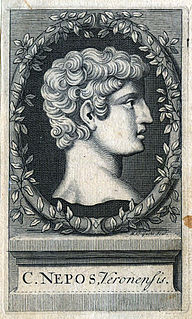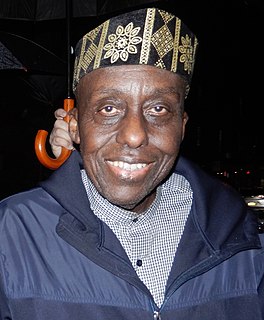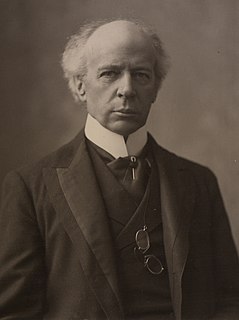A Quote by Cornelius Nepos
Hateful is the power, and pitiable is the life, of those who wish to be feared rather than loved.
Related Quotes
Whether it comes from a despotic sovereign or an elected president, from a murderous general or a beloved leader, I see power as an inhuman and hateful phenomen. To the same degree that I do not understand power, I do understand those who oppose power, who criticize power, who contest power, especially those who rebel against power imposed by brutality.
The reply is, that one ought to be both feared and loved, but as it is difficult for the two to go together, it is much safer to be feared than loved, if one of the two has to be wanting. For it may be said of men in general that they are ungrateful, voluble, dissemblers, anxious to avoid danger, and covetous of gain; as long as you benefit them, they are entirely yours; they offer you their blood, their goods, their life, and their children, as I have before said, when the necessity is remote; but when it approaches, they revolt.
What Orwell feared were those who would ban books. What Huxley feared was that there would be no reason to ban a book, for there would be no one who wanted to read one. Orwell feared those who would deprive us of information. Huxley feared those who would give us so much that we would be reduced to passivity and egoism. Orwell feared that the truth would be concealed from us. Huxley feared the truth would be drowned in a sea of irrelevance.
Nevertheless, he must be cautious in believing and acting, and must not inspire fear of his own accord, and must proceed in a temperate manner with prudence and humanity, so that too much confidence does not render him incautious, and too much diffidence does not render him intolerant. From this arises the question whether it is better to be loved more than feared, or feared more than loved.
What is hateful is not rebellion but the despotism which induces the rebellion; what is hateful are not rebels but the men, who, having the enjoyment of power, do not discharge the duties of power; they are the men who, having the power to redress wrongs, refuse to listen to the petitioners that are sent to them; they are the men who, when they are asked for a loaf, give a stone.





























